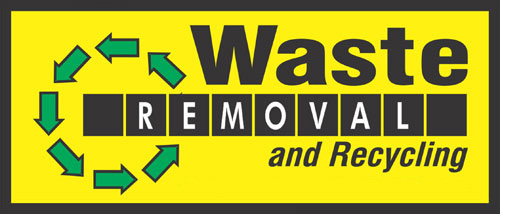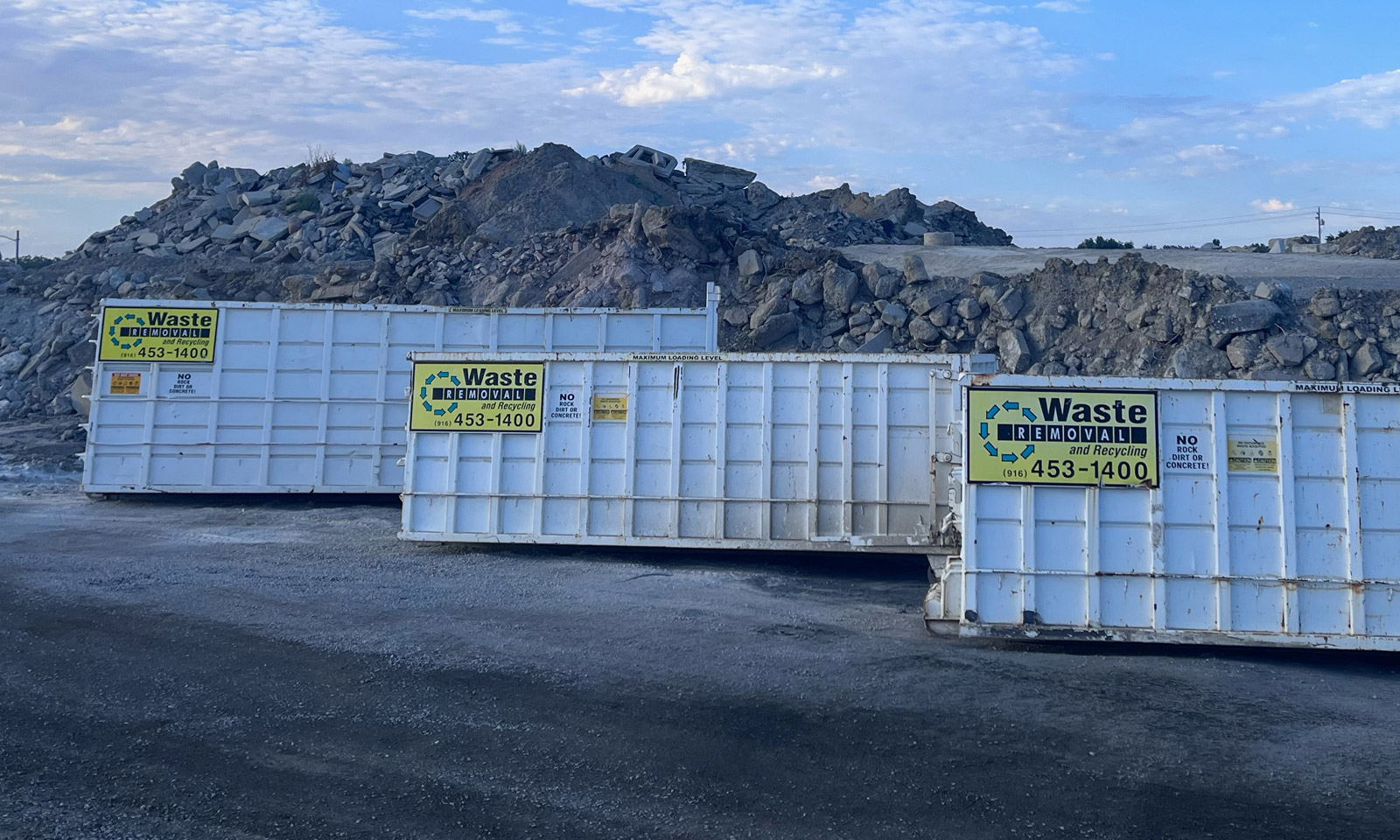If you’ve recently removed concrete from your property, it’s important to properly dispose of it. Not only is it the responsible thing to do, but improper concrete disposal can have damaging effects on the environment and the surrounding community. In this blog, we’ll discuss the steps you can take to ensure proper concrete disposal and the different methods of disposal available. Moreover, we’ll explain the benefits of recycling concrete waste and the legal considerations related to it.
Introduction to Concrete Disposal
Concrete disposal is the process of removing and properly disposing of concrete waste. This can include broken-up pieces of concrete, asphalt, or even concrete slurry. Proper disposal of concrete waste is crucial to protecting the environment and preventing unnecessary pollution. Improper disposal can result in water and soil contamination, endangering the health of humans and wildlife.
Before you dispose of concrete waste, you must consider the legal regulations. Illegal dumping of concrete waste can lead to costly fines or even harsher penalties. Always research and adhere to the laws and regulations in your state or municipality.
Preparation for Concrete Disposal
Before you begin removing concrete, you must take specific steps to ensure proper disposal. Firstly, ensure you are using the right tools and equipment. Your tools may vary depending on the size of your project, but some common tools include a jackhammer, sledgehammer, and rubber gloves. Proper personal protective equipment should also be worn to avoid injuries.
Before removing concrete, make sure to obtain the necessary permits for your removal. You should also consider renting a dumpster. These steps will make the removal and disposal process more efficient and hassle-free.
Removing Concrete
There are several methods for removing concrete. The method chosen will depend on the project size, location, and desired time frame. The three most common ways of concrete removal are breaking up the concrete by hand, using a demolition hammer or saw, and excavation.
Each method has its advantages and disadvantages. Breaking up the concrete by hand is cheap and doesn’t require heavy equipment, but it’s time-consuming. Using a demolition hammer or saw is faster but requires specialized equipment. Excavating is efficient but can be expensive and requires heavy machinery and excavation expertise. Always ensure to follow proper safety requirements when using these methods.
Transportation of Concrete Waste
Once you have removed concrete waste, it’s important to transport it safely. When looking for a disposal facility, consider a location within a reasonable distance to avoid excess transportation costs. Make sure to obtain the appropriate documentation required for transportation. This will normally include a waste transfer note, which is a legal requirement in most states. This document details the waste being transported and tracks it from production through transportation and disposal.
Types of Concrete Disposal
There are two primary methods of concrete disposal: recycling and landfill. While landfill is the most common method, recycling is typically more environmentally friendly and less expensive.
Recycling Concrete Waste
Recycling concrete waste involves breaking old concrete down to be used in new construction projects. The process involves crushing the old concrete into various-sized fragments, which can be utilized as a stand-alone aggregate or mixed with new concrete. Recycled aggregate concrete is a viable option for various applications, including roads, sidewalks, and foundations.
Recycling concrete waste has numerous environmental and economic benefits. It helps to reduce the amount of construction waste in landfills, conserves natural resources, and significantly reduces greenhouse gas emissions.
Landfills vs. Concrete Crushing Facilities
Landfills are responsible for disposing of the vast majority of construction waste, including concrete. However, recycling concrete instead of discarding it in a landfill is a much more sustainable option. Concrete crushing facilities can recycle concrete waste from construction sites and turn it into valuable materials.
There are different pros and cons to each disposal method. Disposal in landfills is usually more expensive but requires less specialized equipment than concrete crushing facilities. On the other hand, recycling concrete waste is cheaper and contributes to a more sustainable environment.
Cost of Concrete Disposal
The cost of concrete disposal varies based on several factors, including the amount and weight of the concrete waste, transportation distance, and type of disposal facility required. It’s essential to have a clear understanding of these factors before you begin your project to avoid unexpected costs.
Factors That Determine the Cost of Disposal
The amount and weight of concrete waste, the distance to a disposal facility, and the type of facility you choose are all factors that determine the cost of disposal. The more concrete you have, the more expensive your project will be. Additionally, transportation cost also plays a significant role. Always search for a local disposal facility to save on transportation costs.
Ways to Save Money on Concrete Disposal
If you’re looking to save money on concrete disposal, there are several ways to make the process more cost-effective. Recycling concrete waste is an excellent way to save money on disposal fees and transportation costs. Moreover, consider donating usable concrete to a local organization instead of disposing of it.
Conclusion
Proper concrete disposal is vital for preventing environmental damage and complying with legal regulations. Always prepare for concrete disposal, follow proper safety precautions, and consider the environmental impact of your project. Recycling concrete is an excellent option that contributes to a sustainable environment. At the same time, it is essential to stay within the legal boundaries and minimize costs by using the right equipment, purchasing the appropriate permits, and renting a dumpster.
FAQs:
What is the cheapest way to dispose of concrete waste?
The cheapest way to dispose of concrete waste is by recycling it. Recycling facilities are typically cheaper than landfills and provide a more sustainable alternative.
Can I reuse recycled concrete waste for construction purposes?
Yes, you can reuse recycled concrete waste for construction purposes. Recycled concrete can be used as a substitute for natural aggregates.
Are there any restrictions on transporting concrete waste?
Yes, there are restrictions on transporting concrete waste. Always check with local disposal facilities and governing bodies for the required permits and documentation to avoid penalties.
How can I donate usable concrete waste?
You can donate usable concrete waste to local organizations that accept donated construction material or recycled aggregate recycling facilities.
What are the legal consequences of improper concrete disposal?
Improper concrete disposal can result in significant legal consequences, fines, and penalties. It’s essential to comply with the laws and regulations surrounding the disposal of concrete waste.

